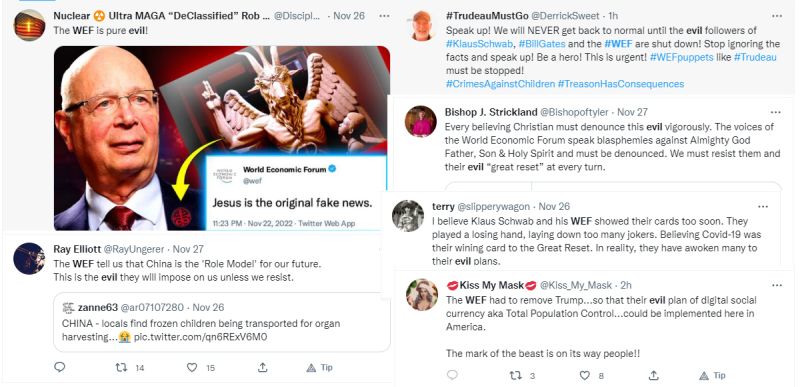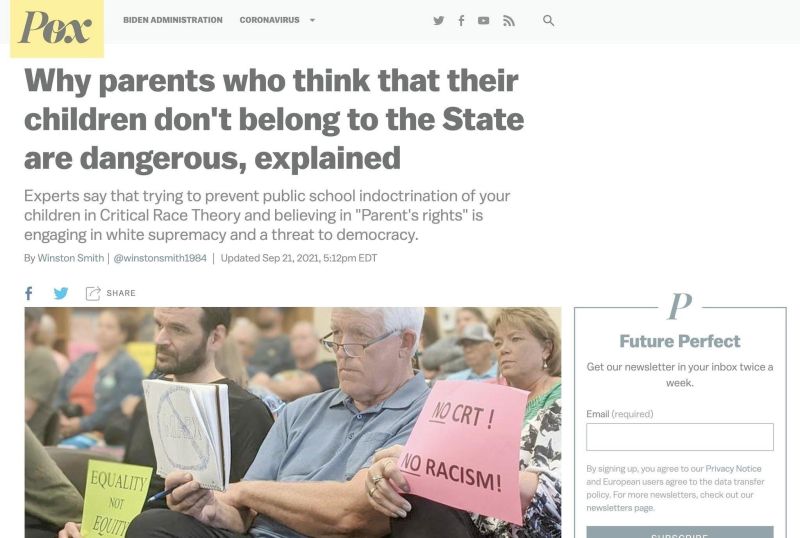[23/06/22: Jacques Baud, a former member of the Swiss Strategic Intelligence Service and former NATO adviser and analyst, pointed out in an informative article three reasons why Russia launched its military action against Ukraine in February 2022. Reason one: The encroachment of NATO to Russian borders and the threat it poses to Russia. Reason two: The refusal of the government of Ukraine to implement the Minsk II Treaty, mediated by France and Germany in 2015. The treaty would have given the south-eastern parts of Ukraine some autonomy in a federal system within Ukraine and entrenched the language rights of the Russian-speaking inhabitants of these areas. Reason three: The aggressive military attacks launched by the government in Kiev against the population of the Donbas (in south-eastern Ukraine) since 2014. The majority of this population was opposed to the coup carried out in Kiev in 2014 – a coup encouraged and supported by the US government. Most of the inhabitants in these parts of Ukraine have close ethnic, cultural, historical, and linguistic ties with the Russian population on the other side of the border. These attacks on urban centres in the Donbas increased significantly in February 2022 – shortly before the Russian military operation, with fatal consequences for ordinary civilians. However, the following note from May only focuses on how I believe many Russians are seeing NATO’s encroachment.]
THURSDAY, 25 MAY 2022
I understand why Russia invaded Ukraine in February 2022.
I don’t know if Vladimir Putin, or the Russian Foreign Minister, or perhaps the Russian representative to the United Nations put it exactly this way, but here’s how I think many Russians could have explained the situation:
“In the last hundred years or so we have been invaded three times from the west. The last time, in 1941, we underestimated the threat. It cost us the destruction of 70,000 villages, and more than 1,700 larger towns. Forty percent of our housing was destroyed or damaged. Twenty-five million Soviet citizens were left homeless. More than 26 million people lost their lives, of which 14 million came from the Russian Soviet Republic alone. We lost almost all the wealth we had built up during industrialisation in the 1930s. Our economy shrank by 20% between 1941 and 1945 and did not recover to pre-war levels until the 1960s.
“It will not happen again that we underestimate a military threat from the west.
“NATO was established in 1949 to oppose the Soviet Union and the Warsaw Pact. Since 1991, this threat has ceased to exist. NATO has, however, continued to expand its membership and its military capacity. The expansion of NATO closer and closer to Russia since 1999 makes it clear that Russia – as the primary successor state of the Soviet Union – is the target. Russia no longer sees NATO as a defensive alliance. Actions in the former Yugoslavia and Libya make it clear that NATO sees it as its right to pursue an aggressive policy towards any target that does not enjoy their protection.
“Russia cannot afford to be caught off guard again. We see NATO’s growing proximity to our most populous urban centres as an existential threat. A military alliance with nuclear weapons in their arsenal is antagonistic towards your motherland. For what reason would you ignore or underestimate such a threat? We will not wait to be attacked again, and then try to defend ourselves. If a red line is crossed, we attack first. That is the only way we can expect to continue to exist as a nation.”
* * *
Scott Ritter says the following on Consortium News: “[If] the U.S. cannot understand how the accumulation of military power encompassed in a military alliance which views Russia as a singular, existential threat to its members’ security is seen by Russia as threatening, then there is no comprehension of how the events of June 22, 1941 have shaped the present-day Russian psyche, [and] why Russia will never again allow such a situation to occur […]”
* * *
I think people have a choice. Learn some basic facts about the history of Russia before the revolutions of 1917. Learn about the area that is now Ukraine – especially the difference between the western and eastern parts. Learn about the way Crimea was incorporated into the Soviet Republic of Ukraine in 1954. Learn about the price the Soviet Union (with Russia as the primary republic) paid to defeat Nazi Germany in World War II, and learn about the brutal plans that Nazi Germany had with the inhabitants of Russia and other Soviet Republics. Learn some basic facts – or learn nothing and understand nothing.
https://en.wikipedia.org/wiki/World_War_II_casualties_of_the_Soviet_Union
https://en.wikipedia.org/wiki/Soviet_Union_in_World_War_II
https://en.wikipedia.org/wiki/1954_transfer_of_Crimea
https://en.wikipedia.org/wiki/Enlargement_of_NATO
https://en.wikipedia.org/wiki/Minsk_agreements#Minsk_II,_February_2015
* * *
Egor Kholmogorov writes in an article on Russia Today on 27 May 2022: “Russians living in Russia, as well as those living in Ukraine, cannot understand why Ukrainian land should be used by NATO. In Russia, Ukraine’s possible accession to the US-led military bloc is not construed as a free choice made by the country in its own security interests, but as a means for the West to build advance bases for launching a direct attack on Moscow.”
Saturday, 25 June 2022
Interesting point about the reliability of Jacques Baud, the Swiss analyst I referred to at the beginning of this piece. In an interview with The Postil Magazine, the following question is asked, with Baud’s answer:
“[The Postil Magazine]: You have written two insightful articles about the current conflict in the Ukraine […]. Was there a particular event or an instance which led you to formulate this much-needed perspective?
[Jacques Baud]: As a strategic intelligence officer, I always advocated providing to the political or military decision-makers the most accurate and the most objective intelligence. This is the kind of job where you need to keep you prejudice and your feelings to yourself, in order to come up with an intelligence that reflects as much as possible the reality on the ground rather than your own emotions or beliefs. I also assume that in a modern democratic State decision must be fact-based. This is the difference with autocratic political systems where decision-making is ideology-based (such as in the Marxist States) or religion-based (such as in the French pre-revolutionary monarchy).”
Of course, the most deceptive liar in the history of intelligence can also give such an answer, and then proceed with an inaccurate, subjective analysis of a situation. You simply have to look at the totality of such a person’s work and form your own opinion.
Monday, 29 August 2022
After finishing this piece, I read a book titled, Moscow Calling: Memoirs of a Foreign Correspondent, by Angus Roxburgh. In the chapter, “The Fear of War,” the author confirms many of the sentiments and opinions already expressed in this piece.
The author states that it took him decades, and personal meetings with numerous Russians, before he understood the huge difference between the British perception of war and that of the Russians: “Brought up in a country where Second World War on the home front means Dad’s Army, our senses were – and are – truly numb to the reality of total war. The battles of the eastern front were the most devastating in all human history. Between 1941 and 1944 the Germans occupied or destroyed major Soviet cities: Kiev, Minsk, Smolensk, Stalingrad. Almost half of the entire population of the USSR experienced occupation by Nazi forces. In Leningrad, which was besieged and bombarded for 900 days, a million civilians – a third of its population – starved to death.”
Roxburgh also confirms death tolls during World War II: Britain had 67,000 civilian deaths, and the continental US no civilian deaths, compared to the Soviet Union’s 16 million deaths. Furthermore, Britain had 380,000 military deaths, America 400,000, and the Soviet Union 10 million.
According to the author, many Western “experts” believe that Russia only became obsessed with NATO expansion with the arrival of Vladimir Putin. He points out, however, that Yeltsin and Gorbachev were equally baffled by the alliance’s decision to expand into Eastern Europe. He reckons that Putin has become a handy excuse to justify a policy that started long before anyone had heard of Putin.
Roxburgh concludes the chapter by referring to his earlier belief in Gorbachev’s vision of a common European home at the end of the Cold War. By 1995, however, he was on the border between the part of Russia that houses Kaliningrad, and Poland. The border was in the process of being fortified. He quotes his report for a TV news program: “Seen from here, NATO’s expansion sends all the wrong signals. It tells the Russians they’re still not really accepted by the West. It tells them they’re still seen as the enemy. No matter how sweetly NATO tries to sugar the pill, Russia’s going to feel once again like a pariah in Europe.”
______________________

